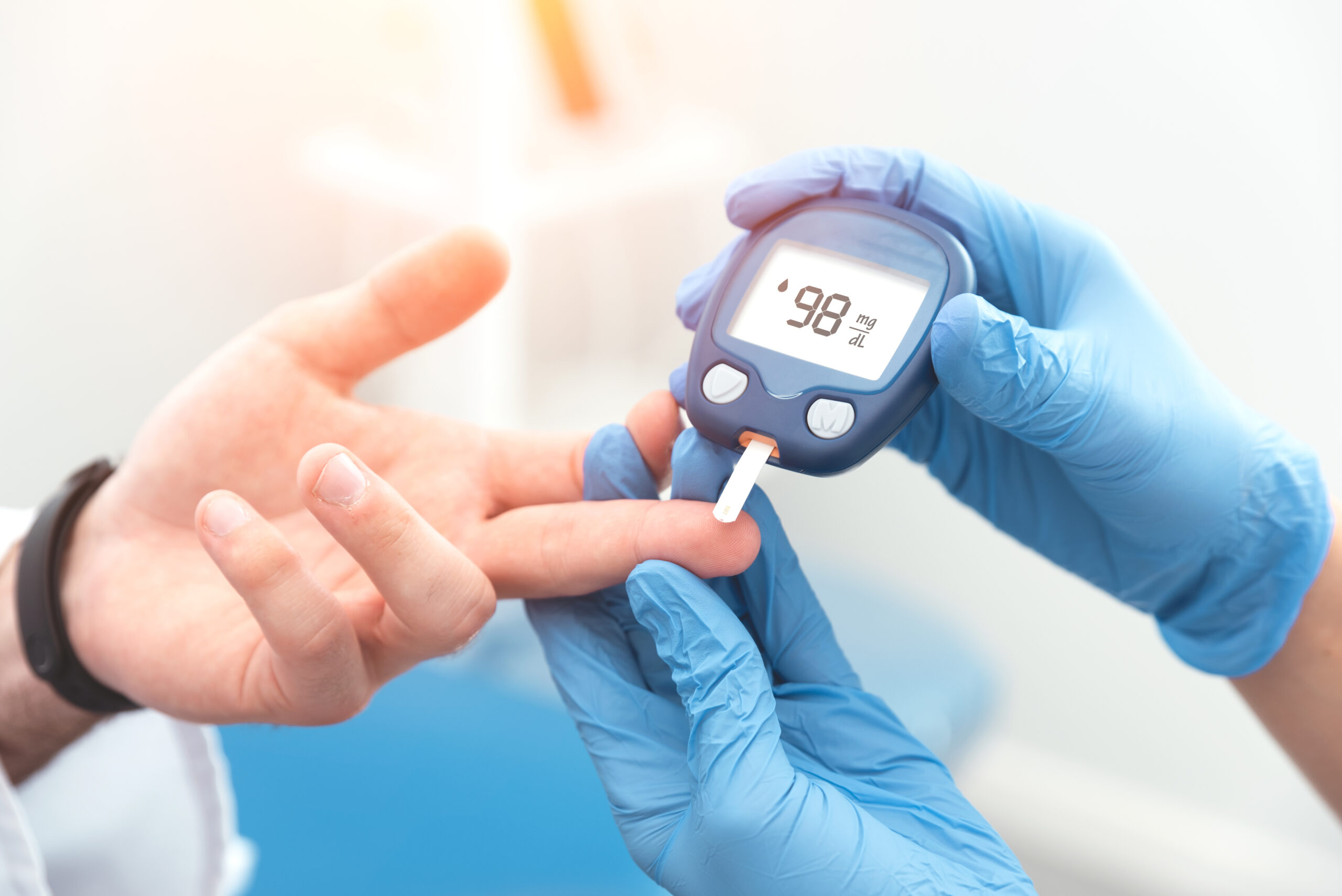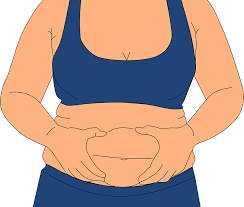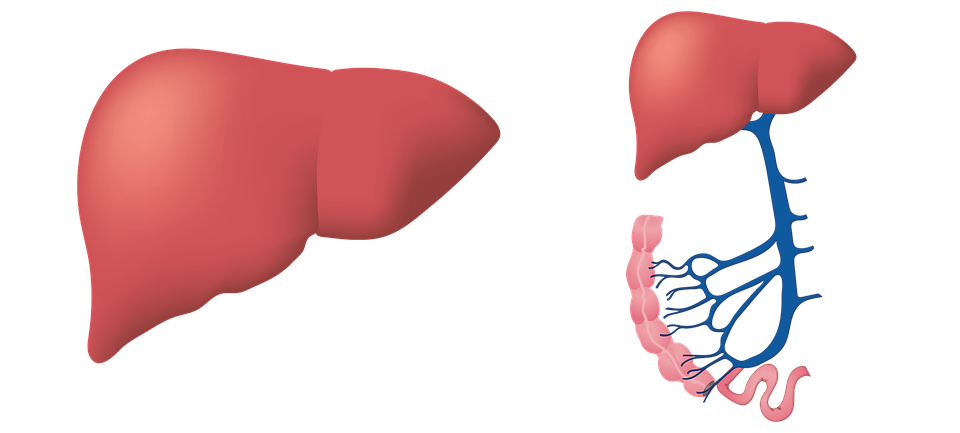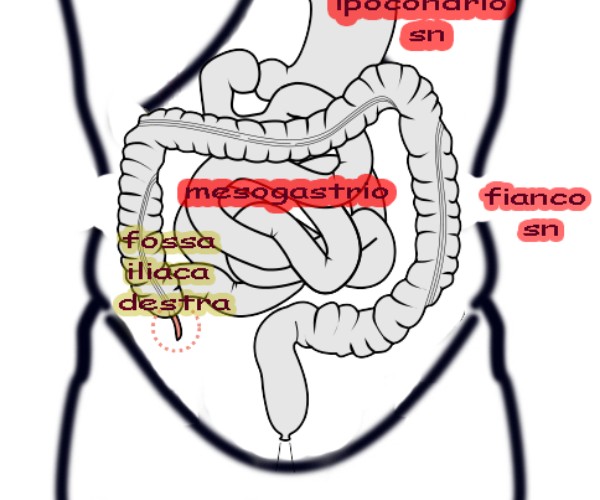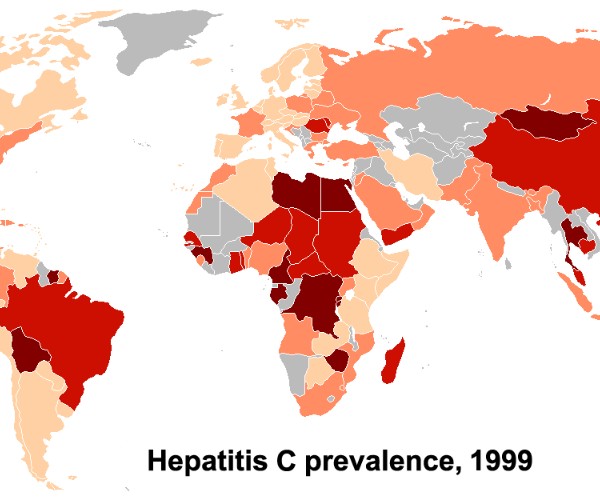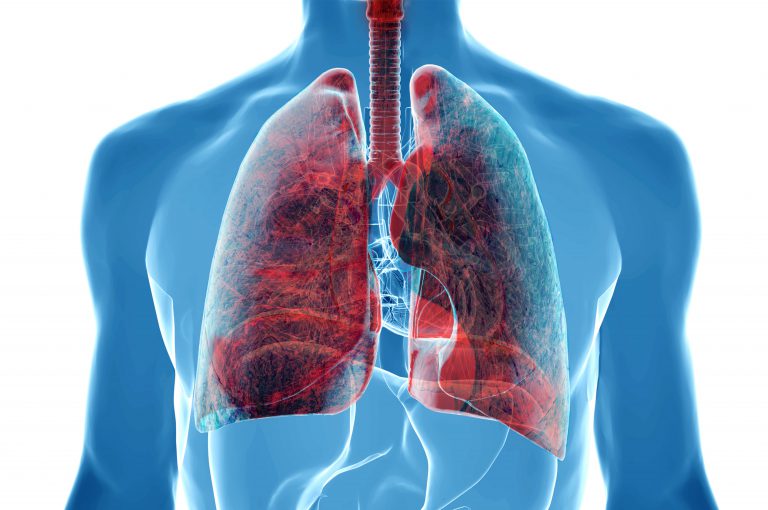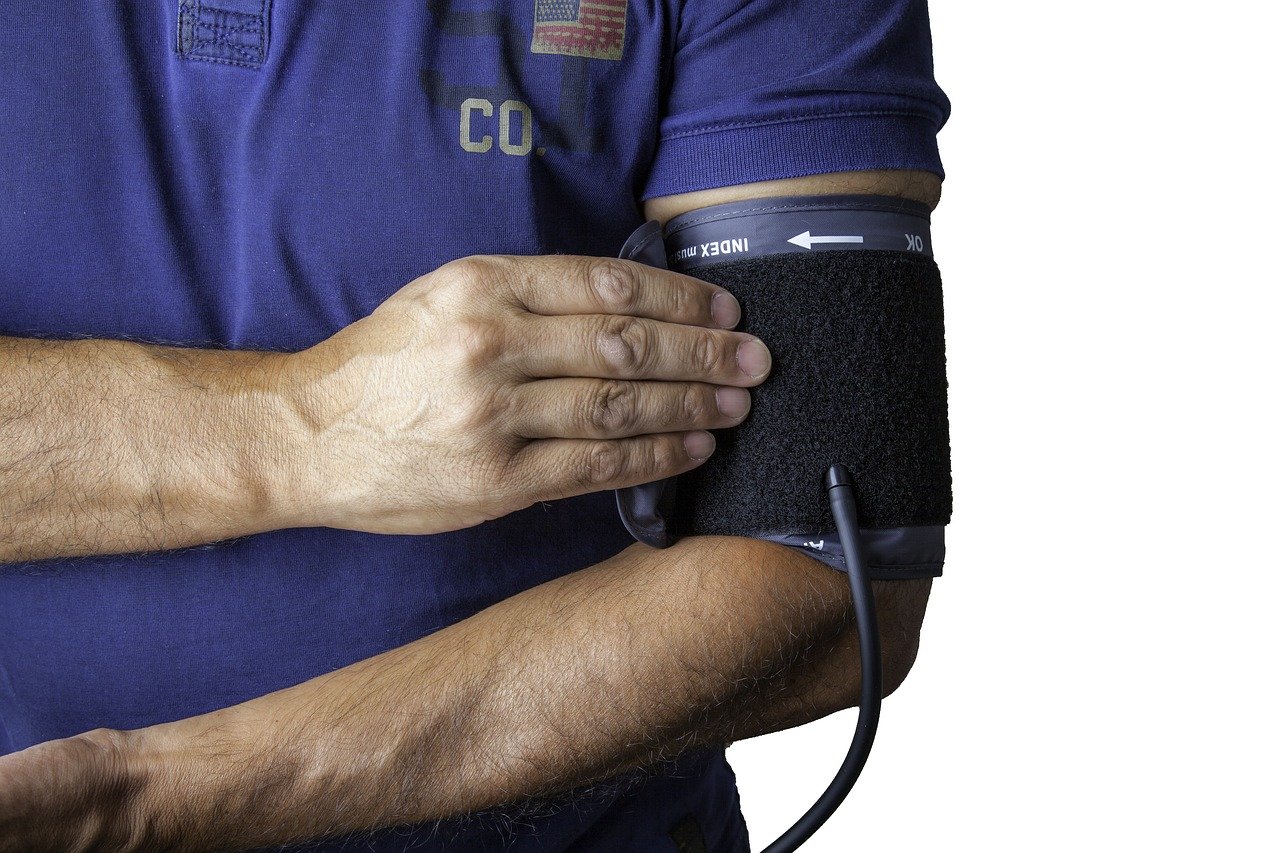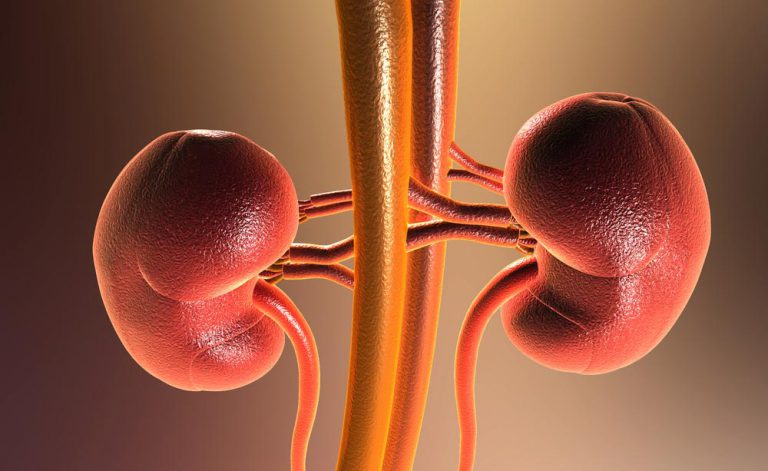Obesity is defined as “malnutrition by excess, with marked increase in fat mass, of greater magnitude than overweight.” Based on excess body fat and using BMI as a reference, obesity is considered grade 1 for values between 30 and 34.9 kg/m², grade 2 if between 35 and 39.9, and grade 3 if values exceed 40 kg/m².
Excess body fat is influenced by certain factors such as familiarity for other chronic diseases, fat distribution, age, and the presence of complications and/or morbid associations.
Dietary advice
Dietary therapy for obesity is based on a balanced diet, which should ensure adequate intake of macronutrients and micronutrients, taking into account the individual’s excess body fat, energy expenditure, and body composition. Typically, low-calorie diets range from 1200 to 1500 kcal daily. Carbohydrates should be taken mainly as complex carbohydrates and account for 55 percent of Total Energy. Fats, on the other hand, should consist of monounsaturated fatty acids and account for 25-30% of Total Energy.
In addition, the diet should contain 5 servings of fresh fruits, vegetables and greens per day. It is necessary to limit consumption of energy-dense foods, such as those high in simple fats and sugars and alcoholic beverages.
Diet should always be combined with regular muscle exercise, mainly aerobic exercise.
Source: Handbook of Dietetics and Clinical Nutrition by Franco Contaldo et al.










